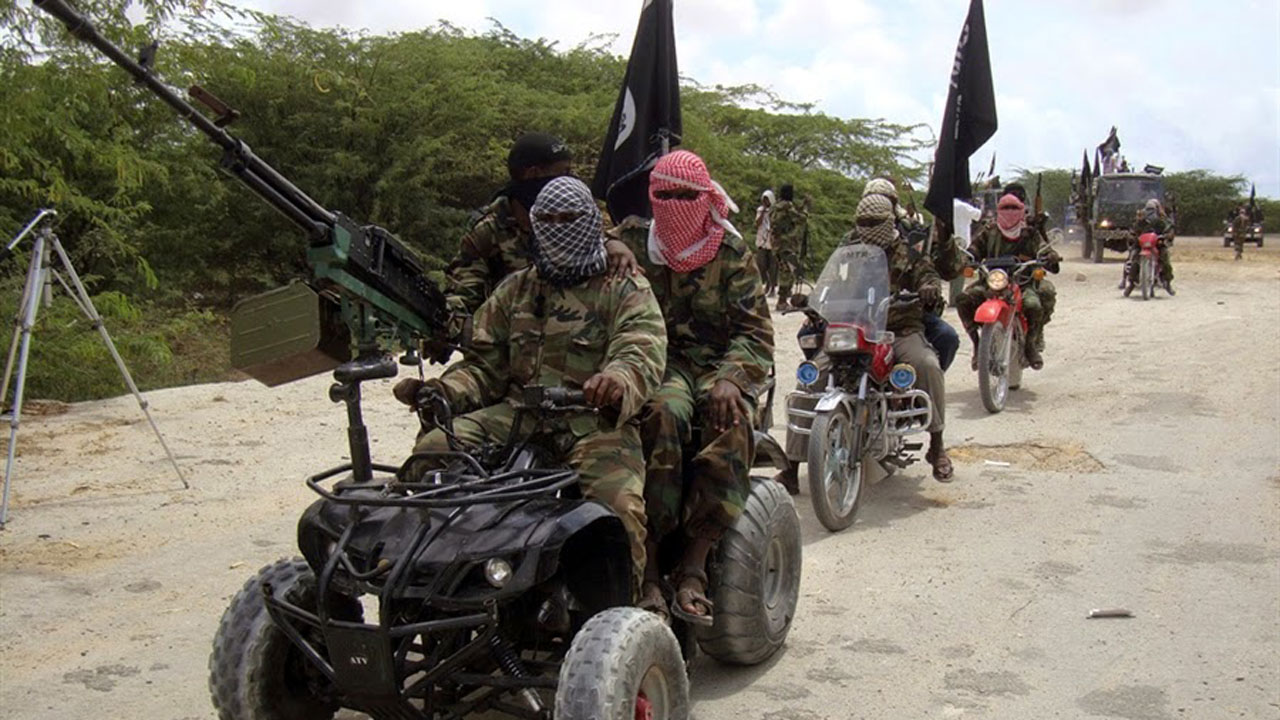GOMBE, Nigeria – In a significant stride toward de-radicalization and societal reintegration, 2,168 former Boko Haram members have successfully graduated from the Federal Government’s De-radicalisation, Rehabilitation and Reintegration (DRR) programme, based in Gombe State.
During a courtesy visit on Thursday, October 26, 2023, to the DRR Camp, Operation Safe Corridor, by Borno’s Deputy Governor, Usman Kadafur, Colonel Abiodun Johnson, the Commandant of the DRR Camp, detailed the comprehensive measures employed in the six-month rehabilitation process.
Clients, as Johnson referred to the rehabilitated, were subjected to medical screenings, psychological assessments, psycho-spiritual counselling, drug abuse counselling, and Western education initiatives.
He added, “During their time in the programme, they underwent vocational training in areas such as carpentry, shoe-making, tailoring, and electrification.” Moreover, farming was made a mandatory skill for every participant.
Col. Johnson further elaborated on the program’s phases, which involved extensive documentation, medical testing, intelligence and NIMC profiling, and psychological monitoring.
The program necessitated an individual’s commitment to partake, as he mentioned, “We also have the buy-in process where everybody must accept that they will be part of the programme.”
Post their rigorous training, the graduates are equipped with skills aiming to render them self-sufficient.
“The reintegration was facilitated with our partners and community leaders, ensuring they are absorbed seamlessly into their communities,” stated Johnson, while emphasizing the positive feedback the initiative has garnered.
Highlighting their commitment to renounce their past affiliations, Johnson mentioned that all rehabilitated Boko Haram members took an oath of allegiance to the Nigerian government prior to their reintegration.
In response, Deputy Governor Kadafur, who also heads the DRR in Borno, stated his visit aimed to gain insights into the workings of the federal government’s DRR initiative.
He mentioned Borno’s robust efforts, having already accommodated over 90,000 ex-militants under similar programmes in various camps within the state.
Kadafur expressed that managing repentant militants presented its unique challenges, requiring specialized expertise. He was appreciative of the support the state received from various agencies and international allies.
As part of the ongoing efforts, Kadafur said, “We have sponsored our traditional leaders to workshops in Kigali, Somalia, and Colombia to understand the rehabilitation of ex-combatants better.”
This mutual sharing of knowledge and resources underscores the concerted efforts to heal societal rifts and steer individuals back to a life of peace and productivity.







